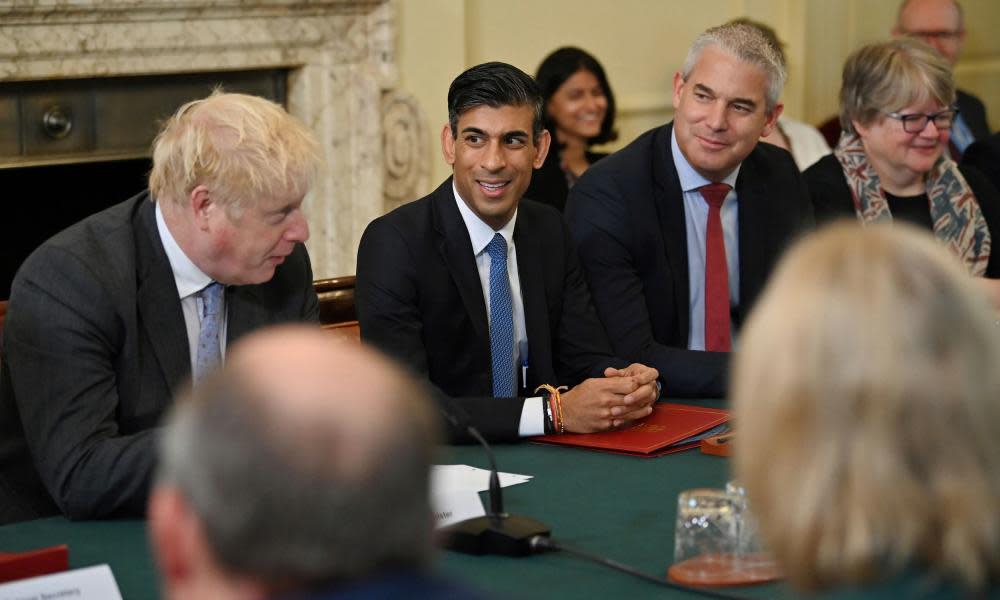‘Impossible’ for Sunak to save on tuition fees without favouring well-off graduates

Rishi Sunak will find it “essentially impossible” to save money on university tuition fees in England without hurting graduates on average earnings in favour of their wealthy peers, according to the Institute for Fiscal Studies.
Instead, the IFS says the chancellor should use the income tax system rather than student loan repayments as a way of raising revenue from the highest-paid graduates.
The IFS’s comments come as the government is preparing to publish its report into tertiary education funding ahead of the comprehensive spending review next month.
The report will suggest changes to the student loans regime in England that has been in place since 2012, but has so far been held up due to battles between the Treasury, Number 10 and the Department for Education over cutting undergraduate tuition fees from £9,250 a year.
Related: Online-only learning not worth £9K tuition, OECD warns UK universities
Researchers at the IFS have constructed a calculator showing the options and costs available to the Treasury. It shows that any substantial changes to the loan system means the richest graduates pay less, while those on average earnings have to pay more out of their income.
Related: Tuition fees from UK students fail to cover costs of undergraduate courses at UCL
Lowering the income threshold at which loan repayments start – currently £27,295 – would see more graduates facing an effective marginal tax rate of 50% on their salary and employer’s national insurance contributions when the new health and social care levy takes effect. Non-graduates would face an equivalent rate of just 42%.
“With a series of tweaks to the student loans system, successive chancellors have painted themselves into a corner,” said Ben Waltmann, a senior research economist at IFS.
“The system is expensive but there is essentially no way to raise more money from it without hitting borrowers with average earnings more than the highest-earning ones. If [Sunak] wants to raise more from the highest earners, the chancellor will need to use the tax system.”
The researchers estimate that each year-group of domestic undergraduates costs the government about £10bn. Approximately 80% of students will never repay their loans in full, with the IFS’s modelling suggesting that 44% of the value of the loans will be written off.
Nick Hillman, director of the Higher Education Policy Institute and the architect of the 2012 regime, said the IFS’s analysis confirms that many of the changes being suggested would make the system less progressive.
“It’s absolutely crucial, however, not to lose sight of the fact that half of all people still do not benefit from higher education. So any assessment looking at graduates only does not show the true distributional impact on the country as a whole,” Hillman said.
Former prime minister Tony Blair said more students from disadvantaged backgrounds would be encouraged to attend university by restoring maintenance grants in place of loans. Blair wrote in the Sunday Times that there was also “a strong case for reducing tuition fees for students from lower earning families”.

 Yahoo News
Yahoo News 
